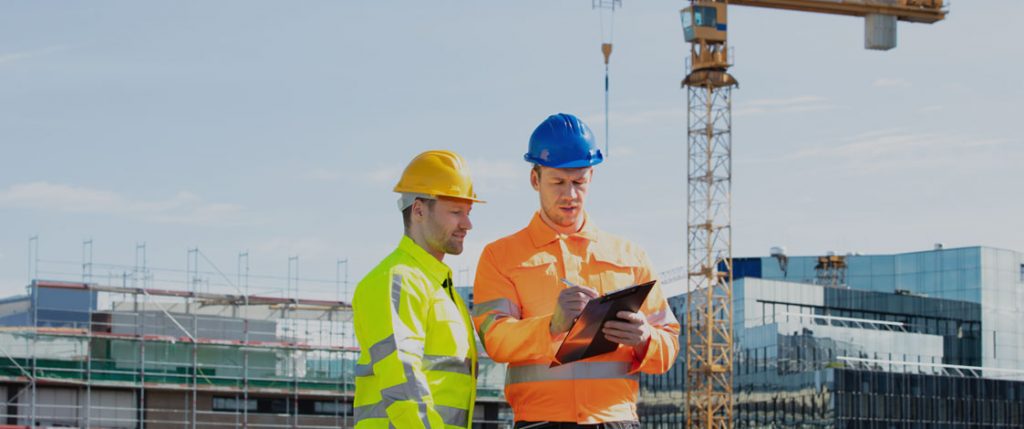
LIZ CARROLL, Network Manager, Construction Professionals Skillnet, writes if Ireland is to meet its current EU commitments over the 2021-2030 period, it needs to reduce its greenhouse gas emissions by 2% per annum.
According to the 2018 Global Status Report by Global Alliance for Buildings Construction, “Buildings construction and operations accounted for 36% of global final energy use and 39% of energy-related carbon dioxide emissions in 2017. Buildings and the construction sector, therefore, have the largest shares of energy and emissions, even when excluding construction-related energy use for transport associated with moving building materials to construction sites.”
As such, the construction industry has a critical role to play in supporting the delivery of infrastructure and built environment that help address climate change.
Similarly, government spend constitutes between 10% and 12% of Ireland’s gross domestic product (GDP). There is, therefore, an opportunity and a responsibility in government procurement to ensure that resource-efficient, less-polluting goods, services and works are purchased. To this end, all procurement using public funds will need to include green criteria by 2023.
Green construction procurement training
The Construction Industry Federation (CIF) partnered with the Construction Professionals Skillnet and Davy Horizons to develop a Green Procurement training programme, which, in tandem with CIF’s Guide to Supporting Green Construction, will work to support a sustainable construction industry. These initiatives strongly support government policy, align with the Environmental Protection Agency’s (EPA’s) recently published Green Procurement Criteria and detail the practical steps members can take to deliver sustainable construction.
“The continued emergence of green public procurement is expected to have an increasing impact on the construction sector, particularly around the contractor’s ability to demonstrate that they can meet the environmental standards specified by their clients,” according to Paul Sheridan, Director of Main Contracting, CIF.
The one day course brings participants through the steps that their company needs to take to be able to comply with green procurement requirements. It also gets people to work through the life cycle cost of a project so they can see the application of what they are learning.
Five steps to strengthen sustainability criteria in construction procurement strategies
There are five steps for SME companies to take that will help strengthen procurement strategies already in place.
- Update policies, management plans and risk assessments to incorporate new legislative changes
- Measure baseline environmental performance data. This is a starting point for setting sustainability key performance indicators(KPIs)
- Set wider sustainability KPIs for waste, water, biodiversity, diversity and inclusion, volunteering, social interactions and community development
- Incorporate sustainable procurement requirements into existing processes
- Carry out life-cycle costing assessments. This includes the whole life-cycle cost of items, including purchase price, use and maintenance, decommissioning and disposal. This should be included as part of the estimating, purchasing and tendering process.
Five steps for larger contractors to strengthen their procurement strategies
There are an additional five steps that will help create ambitious targets for larger contractors and align with current best practice:
- Develop a sustainable procurement team
- Prevent waste and promote re-use where possible
- Create a sustainability section on the company website
- Develop ambitious carbon-reduction KPIs and build them into the broader sustainability strategy
- Set science-based targets and target A on CPD for climate change, water and forests. This is now seen as the gold standard for companies looking at corporate climate action strategies.
The next Green Procurement Training course will take place on 16 June. Due to its practical nature, there is a maximum of 20 places on the course. The main objective of the course is to enable companies to be ready to respond to public tenders incorporating green procurement criteria.
Areas covered in the programme are:
- What is green procurement
- Who is required to implement green public procurement (GPP)
- The types of evidence you will need to provide in the public tendering process
- The 10 steps your company needs to take to prepare for GPP • How to do a life-cycle cost analysis
- How to set up a resource-efficient construction site • How to incorporate GPP into your existing policies and procedures.
To book or for further information, contact Liz Carroll at cpskillnet@cif.ie or 087 932 3749.
About The Construction Professionals Skillnet
The Construction Professionals Skillnet provides subsidised training for the construction industry. The following are some of the courses that are offered.
– Transform Your Business – Management Development programme for SME owner-managers
– CIOB Cert/Diploma in Construction Site Management – For site managers and supervisors
– Lean Six Sigma – Green Belt IASSC Certified – Improve efficiencies in your area of work
– Introduction to Lean and Last Planner – How Lean is applied to construction projects
To learn more about these and other available courses, contact Liz Carroll at cpskillnet@cif.ie or visit www.cpskillnet.ie





